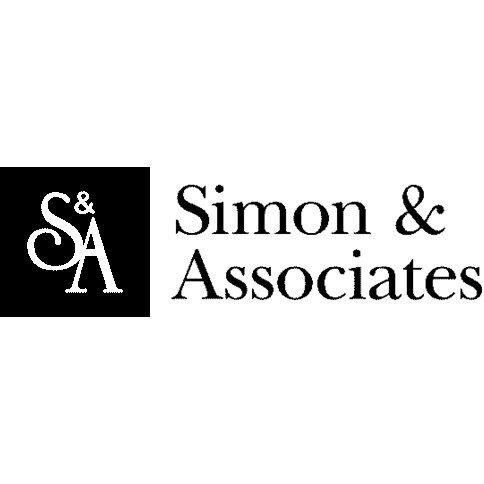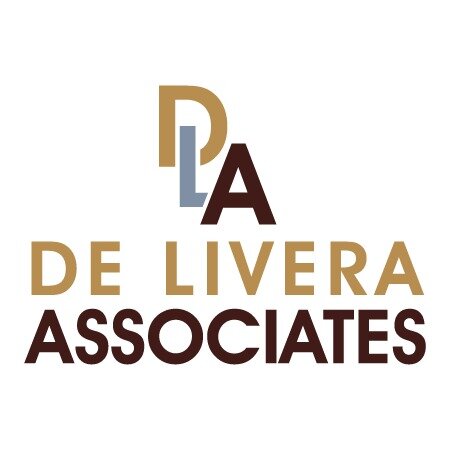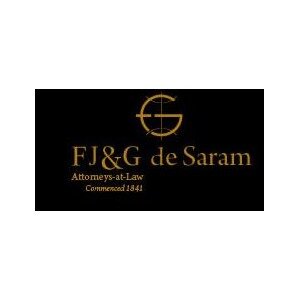Best Trusts Lawyers in Colombo
Share your needs with us, get contacted by law firms.
Free. Takes 2 min.
List of the best lawyers in Colombo, Sri Lanka
About Trusts Law in Colombo, Sri Lanka
The field of Trusts law in Colombo, and all of Sri Lanka, is governed by the Trust Ordinance No. 9 of 1917. The ordinance makes provision for the creation of trusts for numerous purposes. A trust is typically a legal arrangement through which a person, termed a trustee, holds property on behalf of other persons, known as beneficiaries.
Why You May Need a Lawyer
Managing a trust can be complex due to the intricate laws and responsibilities that it entails. Whether you are forming a trust, serving as a trustee, or are a beneficiary of a trust, you may need a lawyer to guide you through the process. Areas where legal help is crucial include establishing a proper trust structure, understanding your rights and duties as a trustee or beneficiary, resolving disputes over a trust, and ensuring that the trust complies with all legal requirements.
Local Laws Overview
Under the Trust Ordinance in Sri Lanka, the creation of a trust requires a clear intention to create a trust, declaration of the trust either in writing or verbally, identifiable trust property, and the lawful purpose of the trust. The trustee(s) has fiduciary duties toward the trust property and beneficiaries. It's also worth noting that by law, trustees cannot profit from their position unless expressly permitted by the trust instrument or by law, and they must avoid any conflict of interest.
Frequently Asked Questions
Who can be a trustee in Sri Lanka?
Any person who is capable of holding property can be a trustee. However, the person must consent to act as a trustee in a trust created during the trustor’s lifetime.
Can a trust be altered or revoked in Sri Lanka?
Unless the trust deed explicitly stipulates otherwise, it can typically be modified or revoked with the consensus of all beneficiaries, provided they are all competent to give their consent.
What is the role of the court in trust administration in Sri Lanka?
Courts in Sri Lanka supervise the administration of trusts. They have jurisdiction over controversies between trustees and beneficiaries and can intervene to ensure that a trustee is performing his or her duties in accordance with the trust’s terms and with laws.
What are the key trust laws in Sri Lanka?
Trusts in Sri Lanka are primarily regulated by the Trust Ordinance, No. 9 of 1917. Other relevant laws include the Civil Procedure Code, Roman Dutch law, and case law.
Can I act as my own trustee in Sri Lanka?
Yes, a person can act as a trustee of his or her own trust, providing he or she has the legal capacity to hold property. It is, however, recommended to appoint an additional trustee to prevent the trust from failing should the trustee pass away.
Additional Resources
Additional resources where you can find more help include the Sri Lanka Law Commission for updates on trust law amendments, the Bar Association of Sri Lanka for finding accredited lawyers in the field of trusts, and the Department of Registrar of Companies where trust corporations are registered in Sri Lanka.
Next Steps
If you require legal assistance with trusts in Sri Lanka, you should reach out to a legal professional who specializes in trust law. They can provide legal advice tailored to your unique situation and help you navigate Sri Lanka’s legal landscape. As trust matters can be complex, it is vital to find a legal advisor who comprehends the intricacies of the trust law.
Lawzana helps you find the best lawyers and law firms in Colombo through a curated and pre-screened list of qualified legal professionals. Our platform offers rankings and detailed profiles of attorneys and law firms, allowing you to compare based on practice areas, including Trusts, experience, and client feedback.
Each profile includes a description of the firm's areas of practice, client reviews, team members and partners, year of establishment, spoken languages, office locations, contact information, social media presence, and any published articles or resources. Most firms on our platform speak English and are experienced in both local and international legal matters.
Get a quote from top-rated law firms in Colombo, Sri Lanka — quickly, securely, and without unnecessary hassle.
Disclaimer:
The information provided on this page is for general informational purposes only and does not constitute legal advice. While we strive to ensure the accuracy and relevance of the content, legal information may change over time, and interpretations of the law can vary. You should always consult with a qualified legal professional for advice specific to your situation.
We disclaim all liability for actions taken or not taken based on the content of this page. If you believe any information is incorrect or outdated, please contact us, and we will review and update it where appropriate.

















